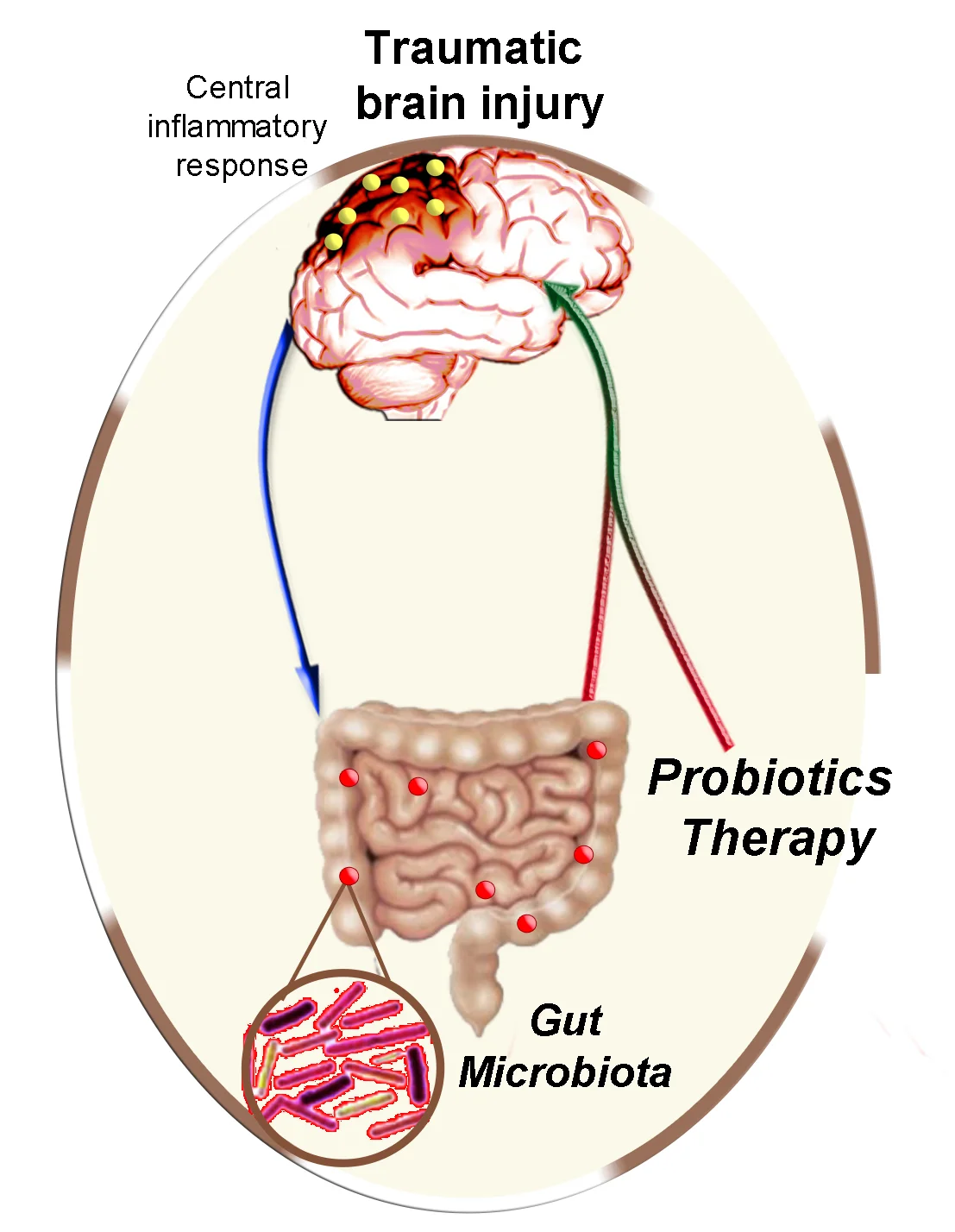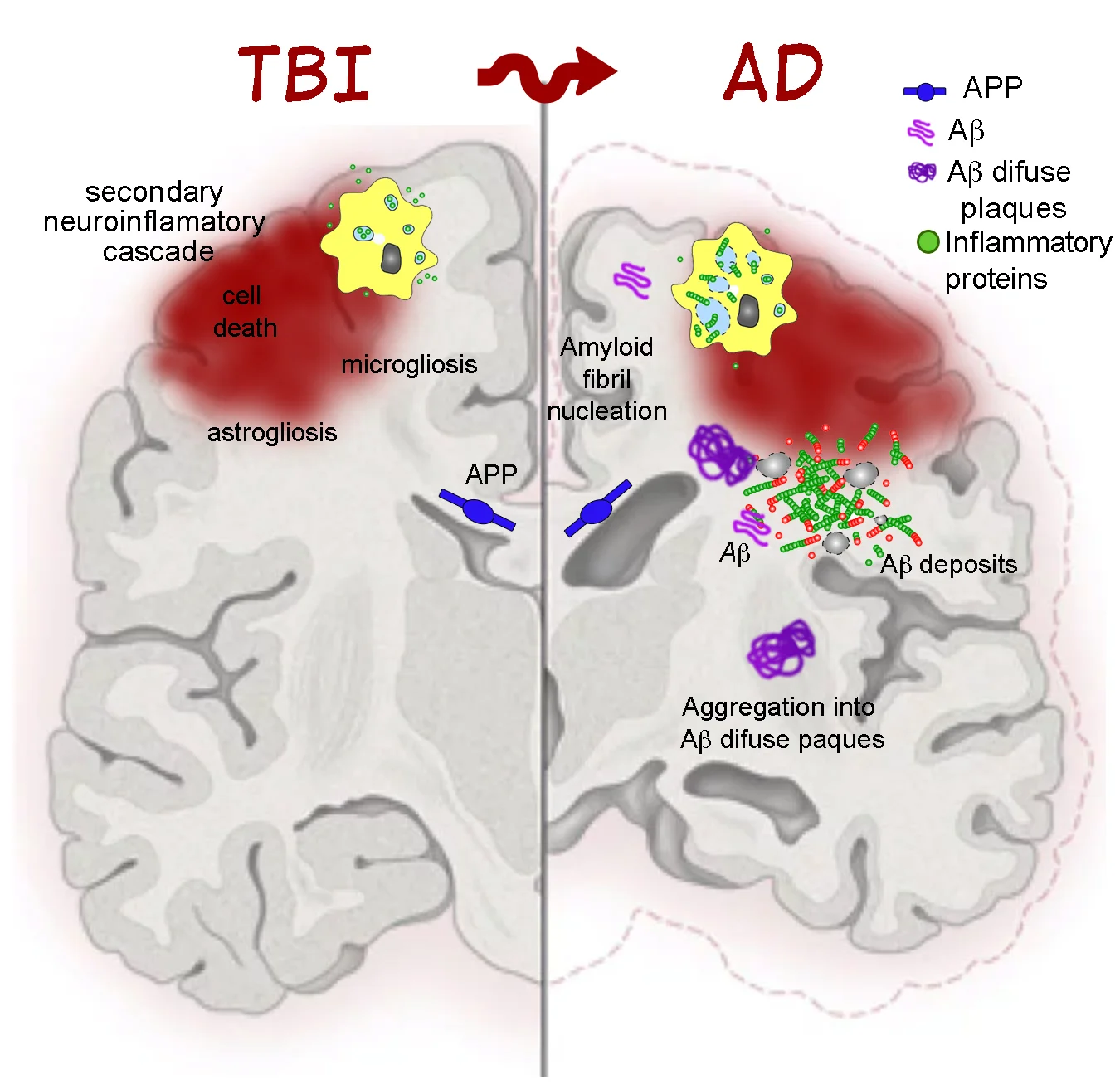Current Research Projects
Brain-Periphery Crosstalk
Villapol's laboratory is interested in developing novel therapies for patients suffering from brain injury while performing exploratory research in the avenue of brain trauma and stroke. The central areas of investigation include the following topics:
The Role of Peripheral Inflammation and immune modulation on Brain recovery.
Traumatic Brain Injury (TBI) triggers a loss of brain tissue and, subsequently, a strong inflammatory response in the brain. In addition, TBI can alter the function of peripheral regions and other organs, eliciting systemic responses and global consequences. A focal injury to the brain elicits a rapid hepatic response, the production of chemokines by the liver acts as an amplifier of the focal injury response providing a route of CNS-liver communication. However, little is currently known regarding the inflammatory mediators and acute-phase proteins involved in the peripheral regions after brain injury, such as the liver. Furthermore, the extent of damage TBI inflicts on the peripheral organs remains largely unexplored.
Microbiome and Neuropathology of traumatic brain injury and stroke
Gut microbiota are an essential neuromodulator of gut-brain axis signaling and can impact brain inflammation and outcome after ischemic injury. Several studies have shown that microbiota composition, diversity, and richness can influence anxiety- and depressive-like behaviors. Recently, we have focused on how TBI affects the function of peripheral systems, and in this project, we are studying how TBI alters the microbiome and the resultant impact on TBI-induced affective disorders. We are testing the hypothesis that changes to commensal gut microbiota after brain injury modulates brain inflammation and drives the development of affective disorder phenotypes in mice.
Targeting neuroinflammation as a preventative measure for the onset of Alzheimer’s disease after head injury.
The devastating deficiencies that result in the brain from traumatic brain injury (TBI) stem from multiple overlapping mechanisms, exacerbated by the fact that there are no effective treatments. TBI is recognized as the strongest environmental risk factor for neurodegenerative disease later in life, including dementia of Alzheimer's disease (AD)-type. Current TBI therapies have not lived up to expectations, investigating novel compounds that address multiple mechanisms is required to pursue neuroprotective efficacy.




